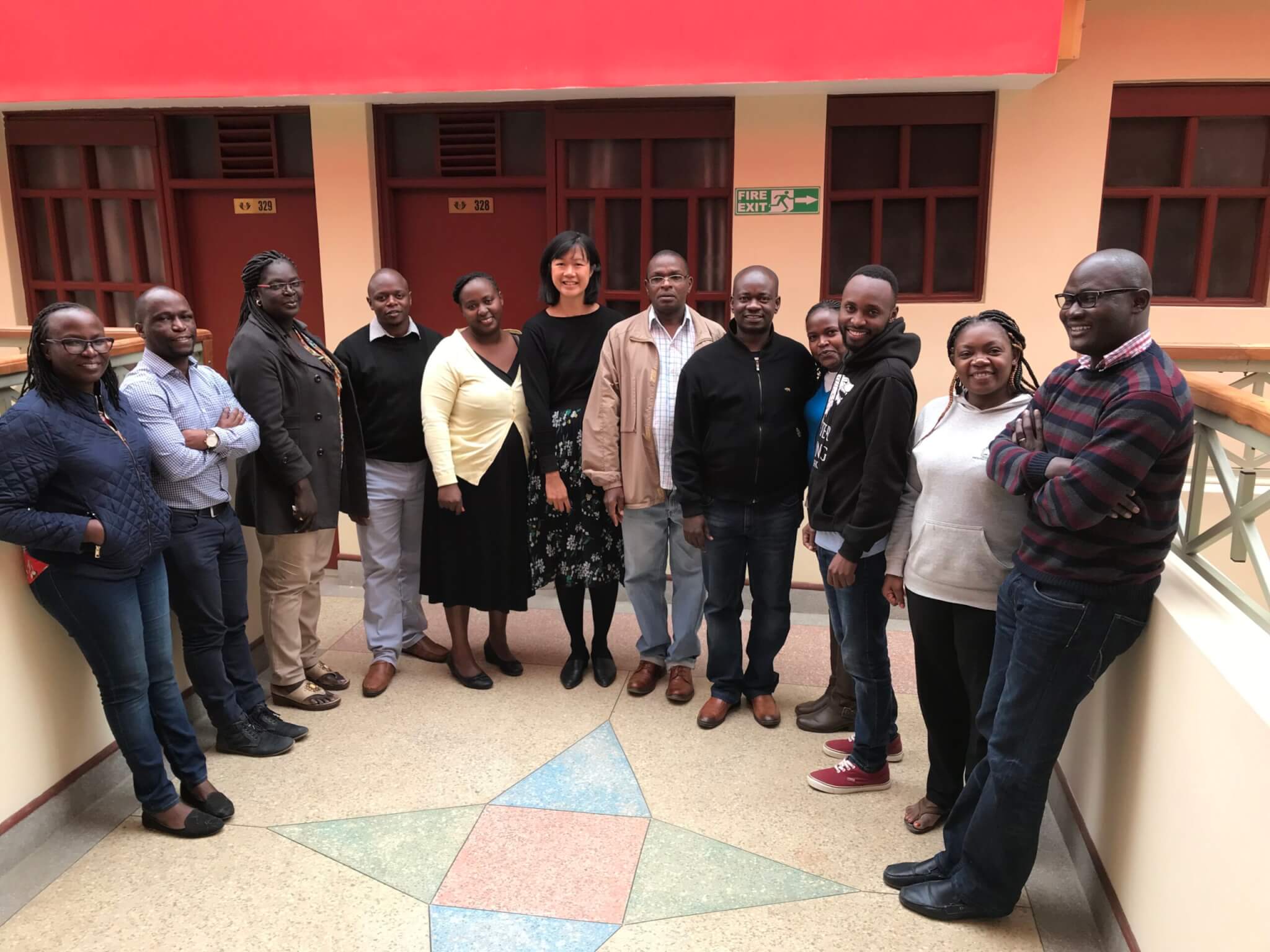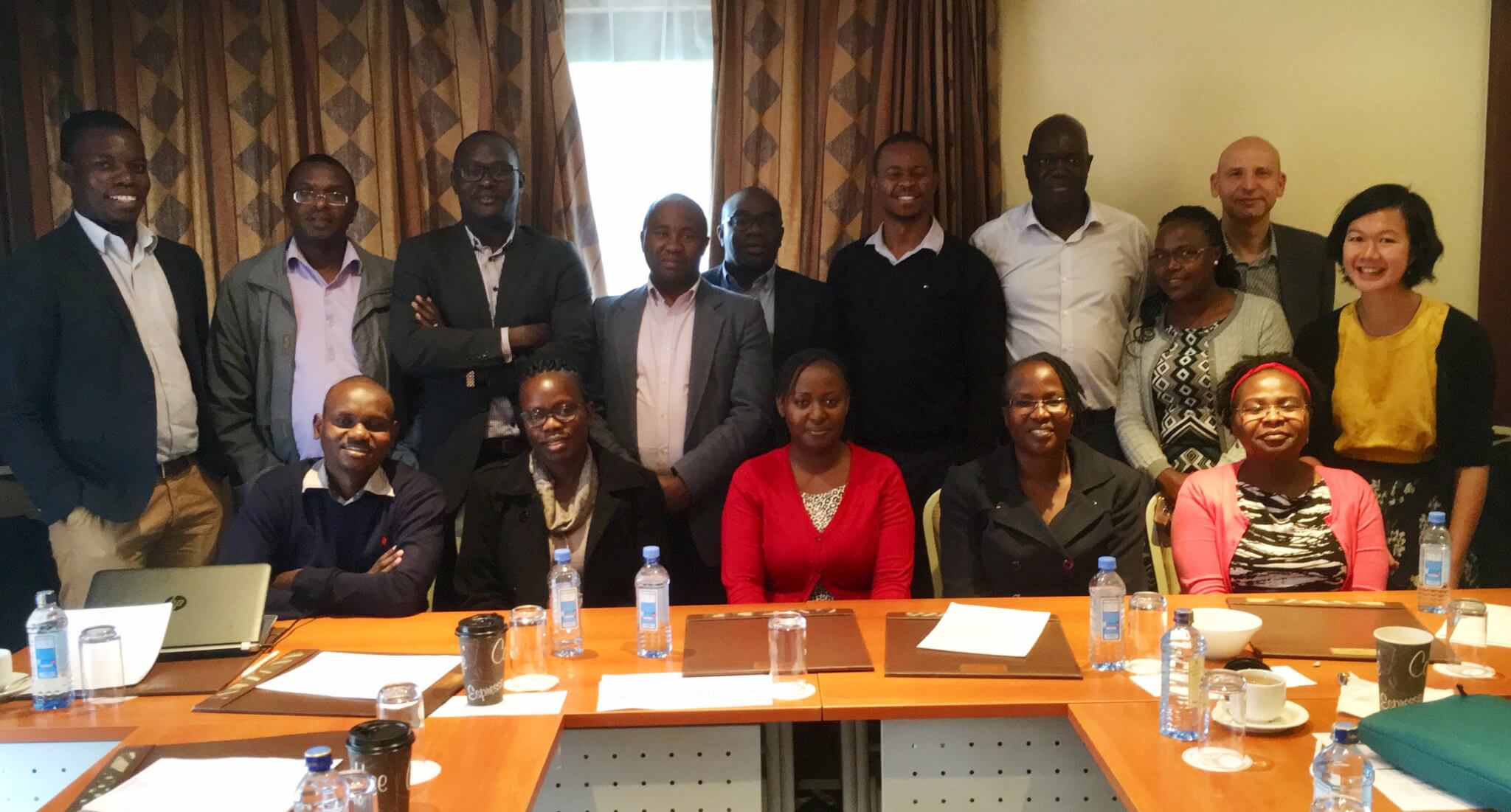Ethiopia
- In 2019, the Ethiopian Federal Ministry of Health renewed their commitment to Universal Health Coverage (UHC), with a focus on redefining the Essential Health Service Packages (EHSP) and developing local capacity in health technology assessment and priority setting. Ethiopia’s Essential Health Services Package, aims to provide cost-effective basic services to all Ethiopians free of charge. iDSI has collaborated with partners in Ethiopia since 2020, focusing on two substantial projects—a situational analysis and roadmap on health technology assessment, and a HTA of COVID-19 vaccines in Ethiopia to inform decisions about vaccine procurement and delivery.
Our Impact
Engaged over 50 policymakers from the WHO, Federal Ministry of Health, Health Insurance Agency, academia, and civil society in COVID-19 HTA dissemination events.
Improved EPHI’s technical capacity and understanding of HTA through collaboration on the COVID-19 vaccine HTA.
Provided an evidence base and technical support for the development of Ethiopia’s first HTA roadmap.
Situational analysis of health technology assessment with EPHI cooperation
In 2021 and 2022, the EPHI and iDSI partners conducted a situational analysis of HTA in Ethiopia. It described the current landscape of HTA in Ethiopia, how priority setting is currently undertaken, the extent to which evidence is considered, and how priority-setting decisions are implemented. The assessment also considered the current capacity to conduct HTA and provided recommendations on how to strengthen evidence-informed priority setting and HTA in the country.
The situational analysis found that the primary challenges related to HTA in Ethiopia are the lack of an adequate legal framework with clear governance arrangements (including the lack of a central coordinating body for HTA), limited local data, capacity constraints, and lack of defined linkages between production and use of HTA.
The situation analysis proposed three ways to strengthen HTA in Ethiopia:
- Create a framework for HTA in Ethiopia and an enabling environment which would include a HTA legal provision, a clear priority-setting governance structure, which might involve a central HTA authority and clear structure and scope for HTA.
- Bridge the capacity gap by strengthening national and international partnerships, leveraging non-government and foreign expertise, and building human capacity with strategic training programmes.
- Develop a national roadmap for HTA and identify windows of opportunity to draft and pilot contextualised strategies for institutionalizing HTA.
Understanding the cost-effectiveness of COVID-19 Vaccination in Ethiopia
Despite efforts to contain COVID-19, Ethiopia—like almost all countries—suffered significant health impacts. In 2021, vaccines offered a ray of hope, but early supplies were concentrated in high- and middle-income countries. Most low- and many lower-middle-income countries struggled to obtain doses, both because the vaccines were difficult to source and because they were expensive. The Ethio-pian government spends on average about $23 per person per year on healthcare, so spending more than $10 per person to procure and distribute COVID-19 vaccines is a significant investment that re-quires careful consideration. To inform future decisions, iDSI and EPHI completed a HTA to assess whether the vaccines offered good value for money for Ethiopia, which included an outlook on the best ways to distribute the vaccine and the effectiveness of targeting specific age groups. The COVID-19 vaccine HTA found that deploying J&J and AstraZeneca like vaccines in 2021 would have been highly cost-effective in Ethiopia, and there would have been real benefits to rolling them out quickly. These could have averted between 180,000 and 440,000 disability adjusted life years (DALYs) over five years. The evidence was less clear for Pfizer-like vaccines and Sinopharm-like vaccines were not seen as cost effective. This difference was driven by their comparatively high cost. Whilst different mecha-nisms for distributing vaccines did impact value for money, this difference was small, whilst the benefit of inoculating people quickly was high, which suggests that the quickest approach should have been chosen. Findings from this analysis were disseminated at workshop events to policymakers from the WHO, the Ethiopia Health Insurance Agency, and the Ministry of Health. Following publication of the HTA report, the MoH released a press release on vaccine procurement strategies that aligned with our findings.
Key reads:
- https://www.cgdev.org/blog/price-priorities-pace-three-factors-drive-cost-effectiveness-covid-19-vaccination-strategies
- https://www.idsihealth.org/wp-content/uploads/2022/06/Understanding-the-Cost-Effectiveness-of-COVID-19-Vaccination-in-Ethiopia-1.pdf
- https://www.cgdev.org/blog/africa-cdcs-health-economics-unit-more-important-ever

Final report is out! Evaluation of the Quality Improvement Support to Differentiated Care Models for Anti-Retroviral Therapy in Kenya
27.01
Spotlight on: iDSI, Sida and CHAI session on health financing towards Universal Health Coverage at Global Symposium on Health Systems Research
31.10
iDSI delivers workshop on supporting evidence generation for differentiated care models for ART delivery in Kenya
26.07